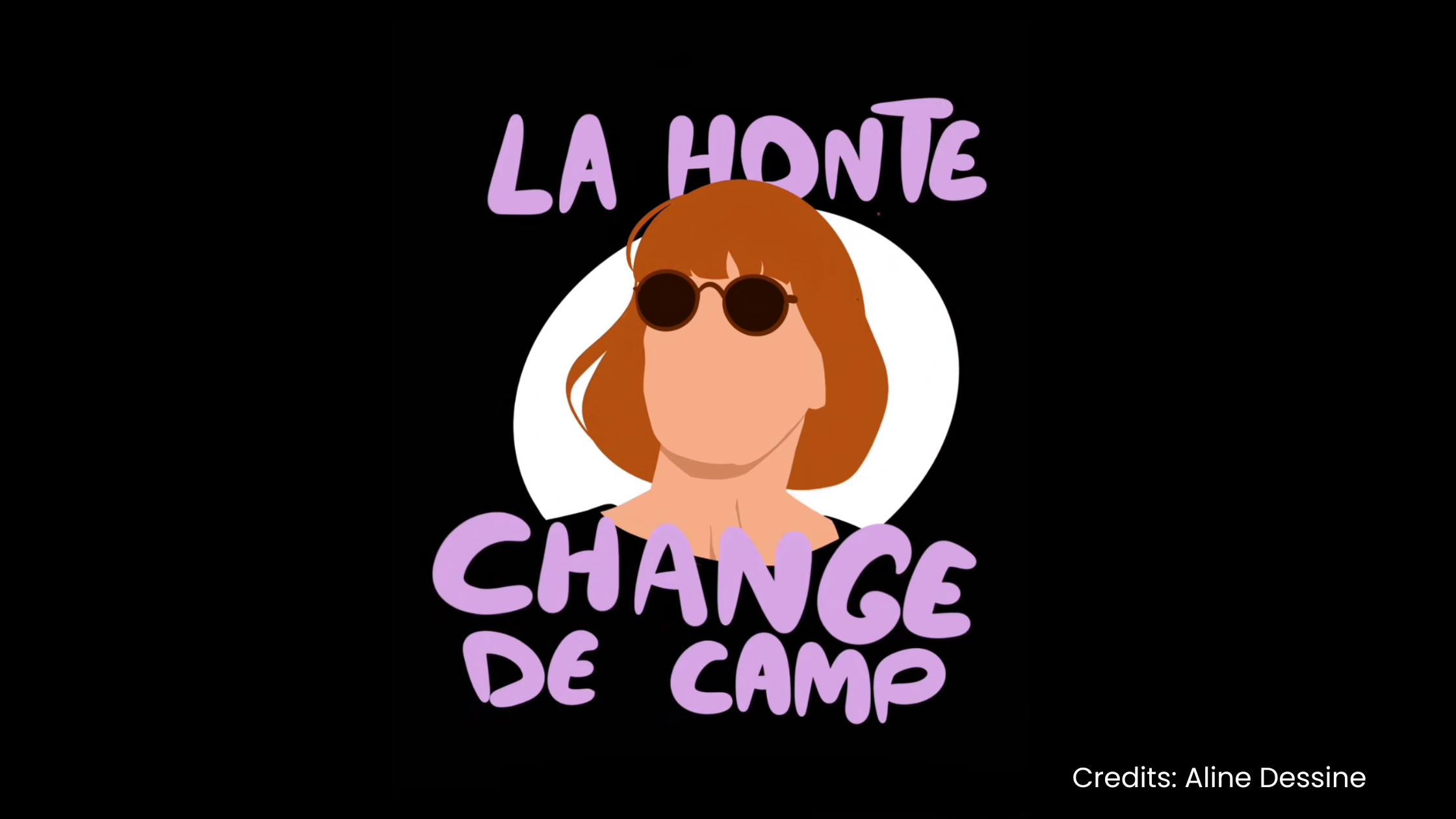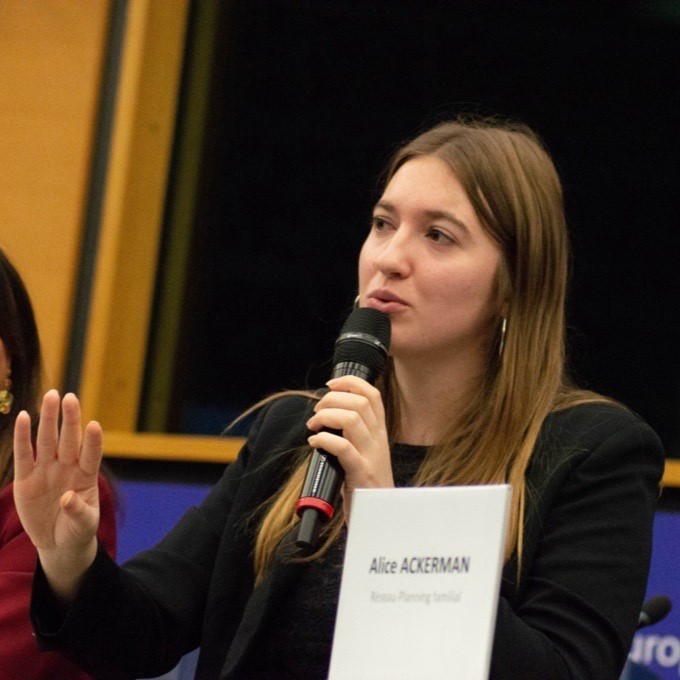
Alice Ackermann is a passionate feminist activist. Born in France, she joined Le Planning Familial (the French Member Association) at just 15 years old. Over more than a decade of activism, she has championed sexual rights, women’s rights, and youth leadership at both local and international levels.
Alice is certified as a sexual rights counselor and a peer-to-peer Comprehensive Sexuality Education (CSE) educator. She worked in the clinics of Le Planning Familial for over seven years, gaining valuable on-the-ground experience. As a young leader, she co-founded the organization’s national youth group and successfully secured representation for young people on its National Board. She served on the Member Association’s National Council for two years and the National Board for three years, during which she led impactful advocacy and communication campaigns to advance abortion rights and expand access to CSE.
From 2017 to 2019, Alice represented youth voices on IPPF’s Governing Council and the European Network Executive Committee. She played a key role in the 2019 reforms, "IPPF is Changing. By Choice. For Choice," which transformed the Federation into a more agile and transparent organization.
Alice has specialized in advocacy and communication through both her professional experience and academic background, holding degrees in history, political science, and communication. As a proud queer feminist, she continues to fight for a stronger, more inclusive Sexual and Reproductive Health and Rights (SRHR) movement, striving for solidarity and sustainable change.
Articles by Alice Ackermann

Would your country have delivered justice for Gisèle Pélicot?
For the past three months, the trial of the 51 men accused of raping Gisèle Pélicot has been making headlines in France and abroad. The trial has shocked public opinion with its horror. This trial is exceptional in its scale, but it is also and above all representative of rape culture and the societal debate on the legislation of consent. It raises an essential question: would your country have delivered justice for Gisèle Pélicot? 1. An Extraordinary Trial Highlighting Ordinary Rape Culture This trial is exceptional in terms of the number of defendants and the long period over which the crimes took place. Dominique Pélicot raped and organized the rape of his wife by one hundred men over the course of a decade. To do this, he drugged his wife without her knowledge with powerful sedatives and sleeping pills. This is known as “chemical submission”, or “drug-facilitated sexual assault”. Dominique Pélicot posted the advert on a swingers' website and recruited the men by offering for them to rape his wife for free. The rapes were documented by Dominique Pélicot himself, who filmed them. When he was arrested, the police collected the videos and were able to identify 50 of the 100 men who appear on them. This trial is unusual in the amount of evidence collected by the police. Feminist associations point out that in most cases of sexual violence, the evidence is thin. It is often two witnesses who confront each other. This case is therefore an exception, and presents the “ideal” situation for a conviction of all the accused. But despite this overwhelming evidence, 35 of the 50 men accused have pleaded not guilty. These men deny the accusations: some say they thought Gisèle Pélicot was pretending to be asleep, others say they raped her under duress from Dominique Pélicot, others say they were drugged themselves and don't remember the rapes. Only the videos of the rapes, shown during open court sessions (which is exceptional), show the full horror and dismantle the rapists' justifications. But that doesn't stop the lawyers of the men accused of the rapes, some of whom dare to accuse Gisèle Pélicot of being an ‘exhibitionist’, and others suggesting that Gisèle and Dominique had set up the rapes together. In the end, only Dominique Pélicot fully admitted to the crime, declaring at the trial: “I'm a rapist like all the men in the room”. This trial reveals a fundamental debate in France on the legal and societal definition of rape. It raises a central question: Would your country give justice to Gisèle Pélicot? Is your national legislative framework sufficient to condemn rape committed through chemical submission?









